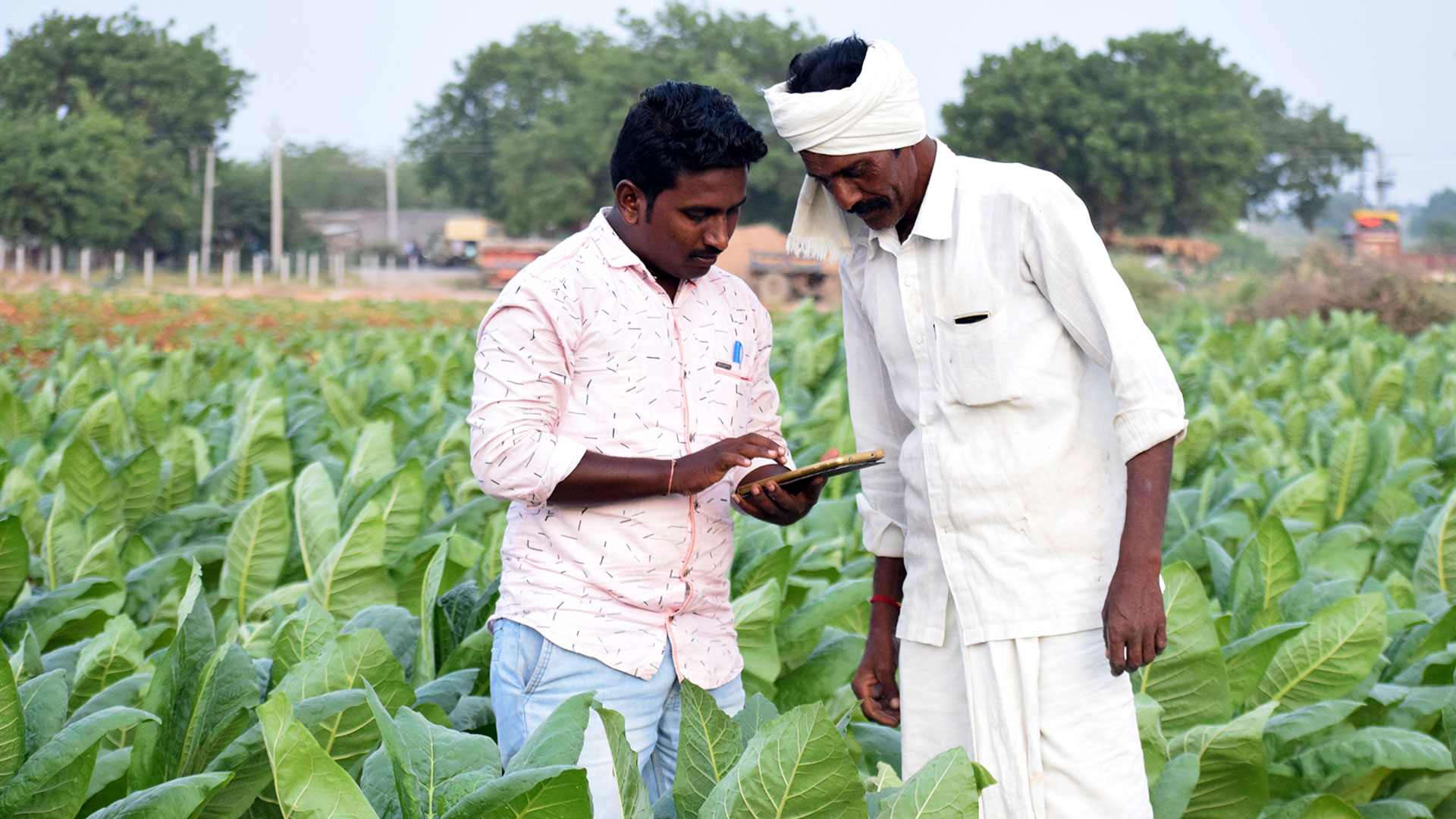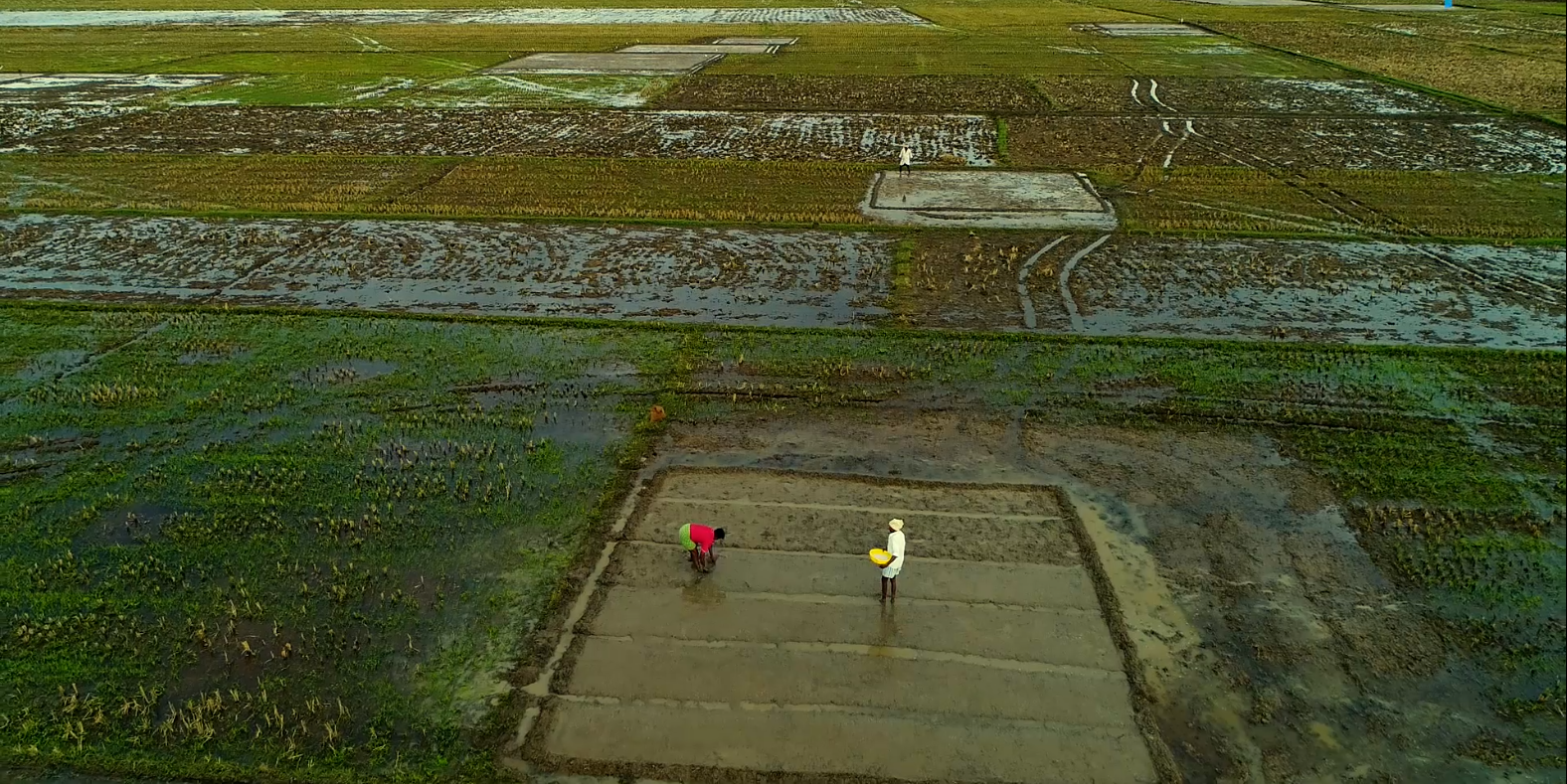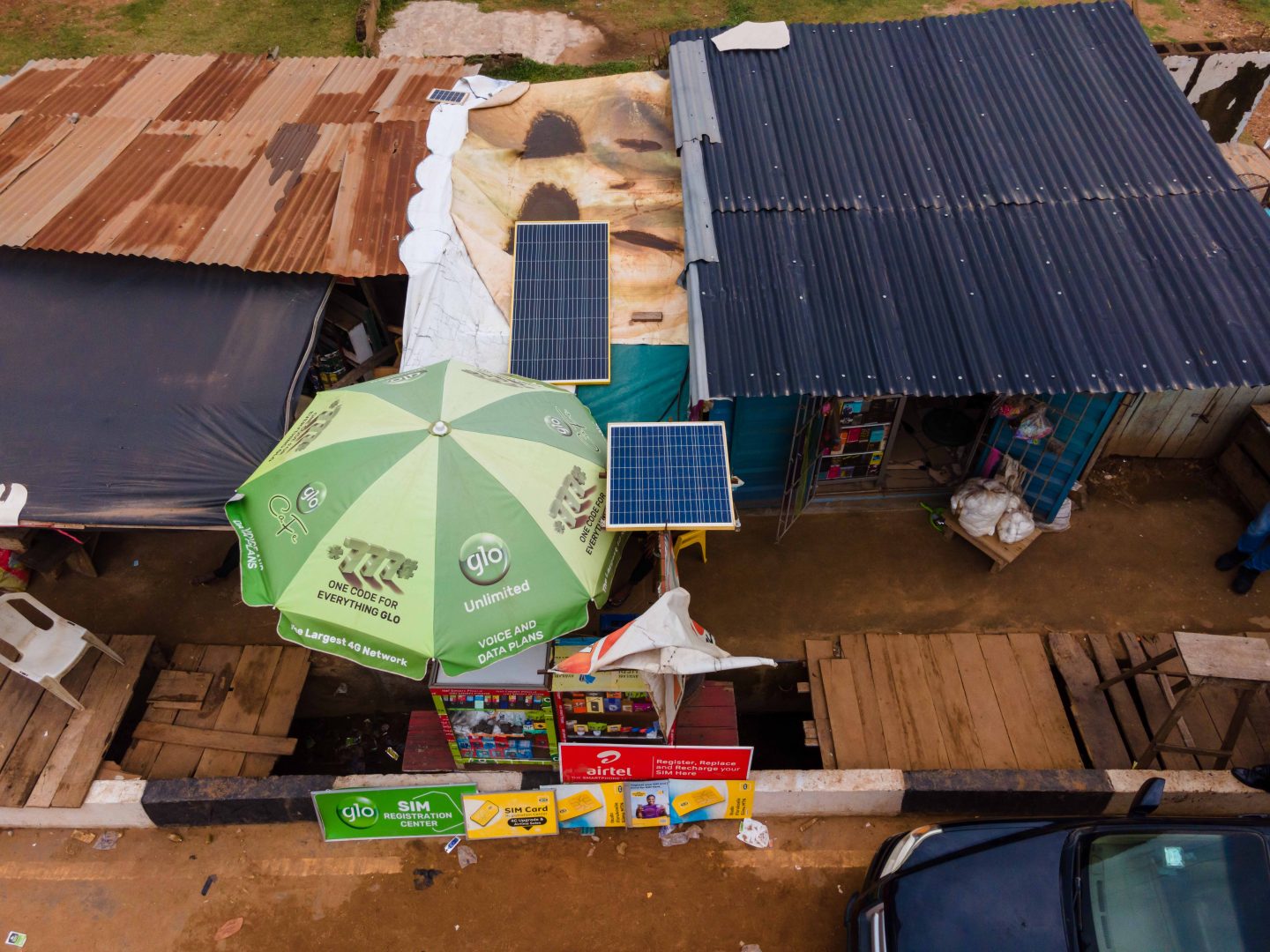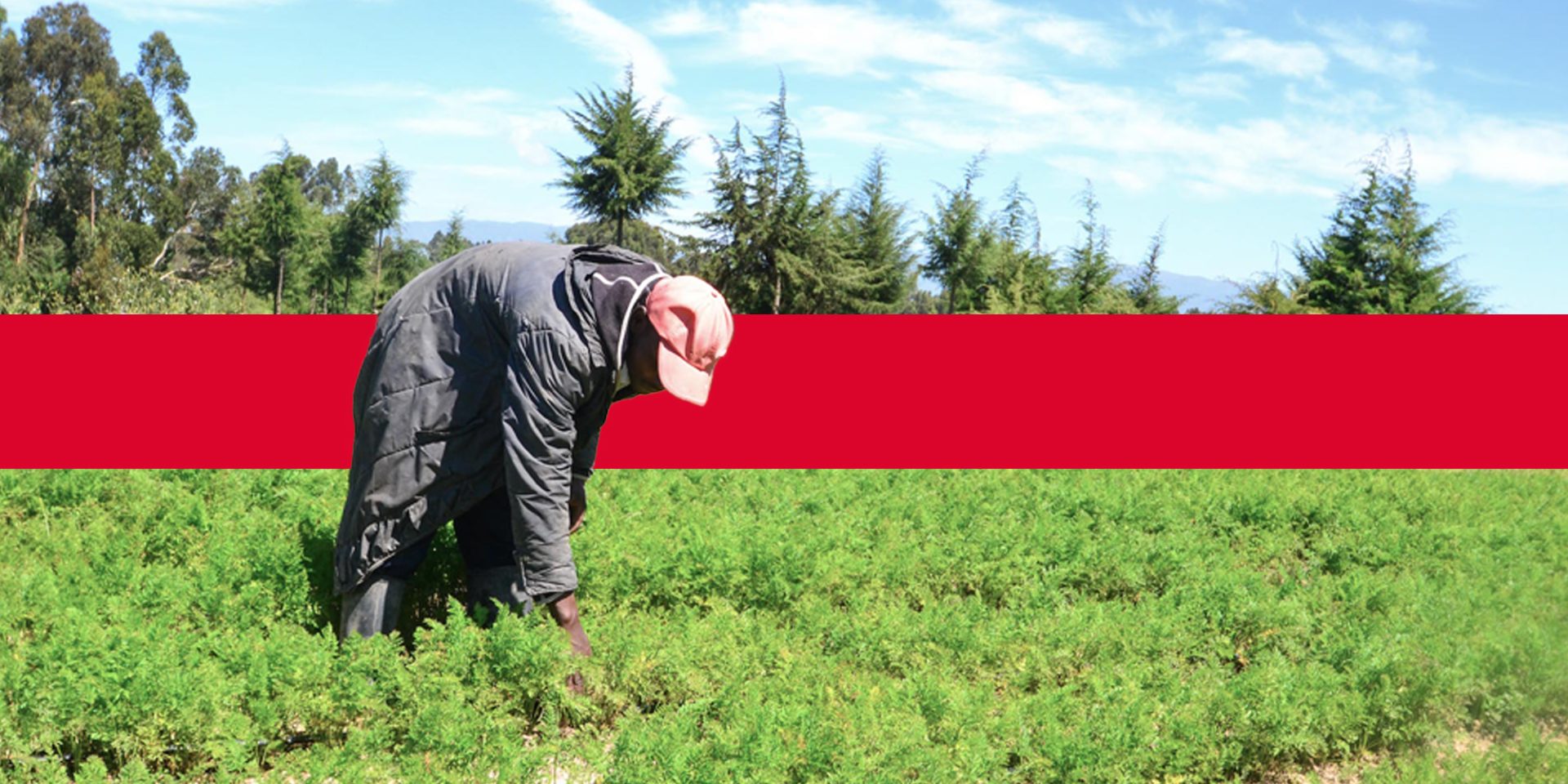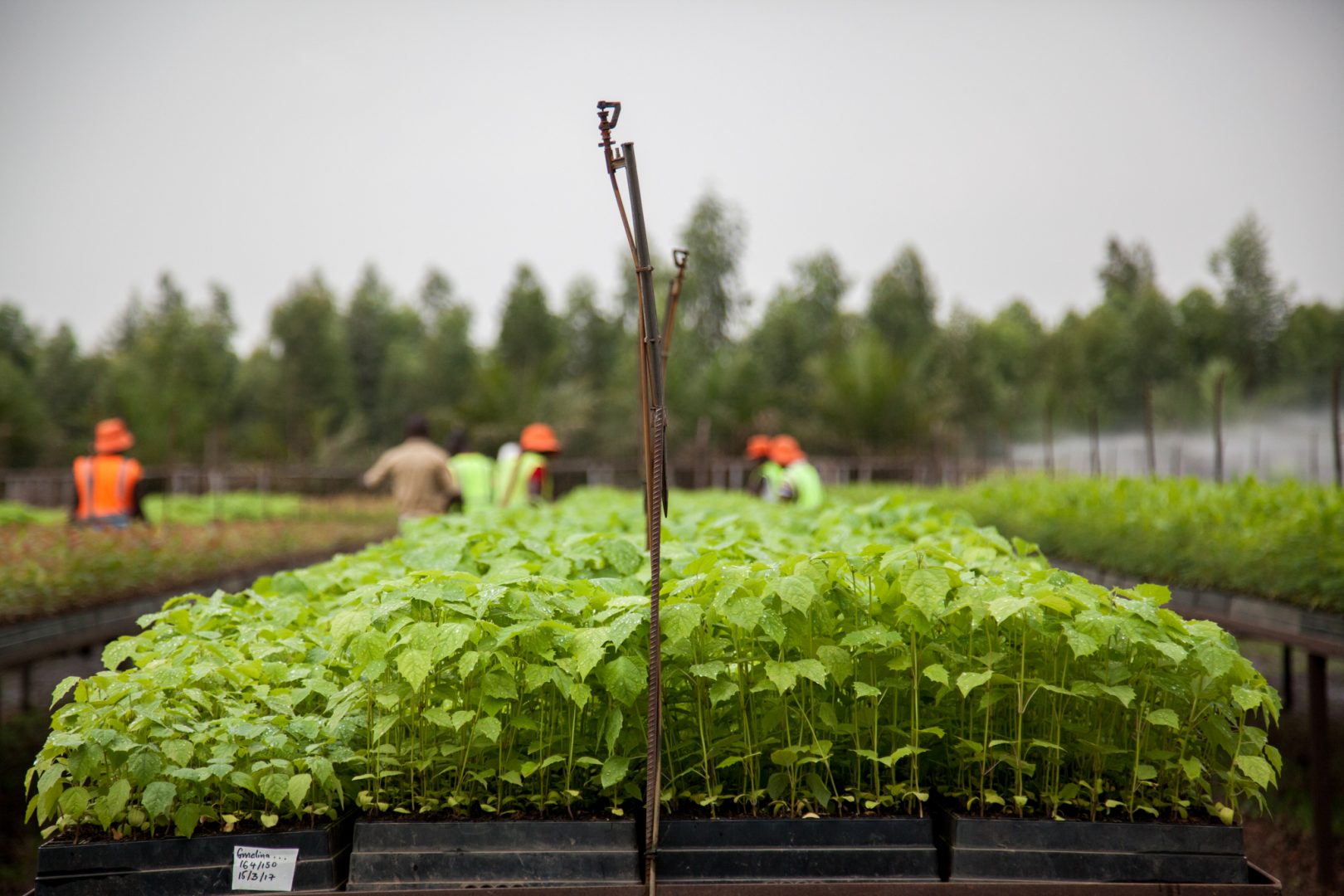Channelling investment to support adaptation and resilience in developing economies
The vulnerability of developing countries in the face of the climate crisis is acute, highlighted by the recent devastating floods in Pakistan and extreme weather events across Africa. How can we catalyse investment into climate adaptation and resilience to meet the complex needs of these countries?
read
Glacial lake outbursts in Pakistan have increased by a staggering 300 per cent in the last two years, says Minister Sherry Rehman, Pakistan’s Minister for Climate Change.
The country has one of the largest amounts of glaciers outside of the polar regions and they are melting rapidly, but there is little anyone can do. Because the floods are expected, the authorities can save lives, but infrastructure in the north of the country is still lost to the floods.
The situation is made worse by heavier rainfall. And the country is still rebuilding from the devastating floods last year that impacted 33 million people – an unprecedented number of people, the largest number to ever be impacted by a climate event.
In the country’s southern lowlands, overflowing rivers have left ‘miles and miles of horizon without land’ as the water becomes trapped.
“It’s lot of different things coming at us at the same time,” Minister Rehman tells British International Investment at an event in conversation with Managing Director, Climate, Gender and Advisory, Amal-Lee Amin.
“It’s cascading heat waves, and we have been the hottest country on the planet for three years running. In the south of the country, it hit 53.7 degrees last summer.”
In addition to the floods, Pakistan continues to battle forest fires. Forests cover just 4.8 per cent of Pakistan, and fire is the biggest driver of forest loss in the country.
All this means that Pakistan is on the frontline of the climate crisis. Over 1,800 people have died as a result of the floods and many more have lost their livelihoods. In total, last year’s devastation from the floods resulted in an estimated $30 billion of economic losses.
And while the world sent resources at the height of the floods, the cameras have now left, and the Government is having to find the money to not only rebuild but also future proof against further disasters.
“I’m not sure that there is enough money or climate financing. We talk about how that does not address or respond to the urgency and scale of upcoming climate patterns and disasters in the entire developing world, including South Asia and the rest of Asia. It includes many other countries, including the small island States and Africa,” says Minister Rehman.
“The timescale of climate events is so accelerated that countries are in what I call a recovery and resilience trap.”
The trap is that as countries try to rebuild from one disaster, another strikes. The World Bank estimates that in terms of adaptation and resilience plans, $348 billion is needed over the next eight years for Pakistan just to ‘keep its head above water’, an amount the Minister argues is not in anyone’s pipeline.
And while the climate crisis is yet to fully impact the UK, the situation in Pakistan she says is a “postcard from the future.”
“Treat it as a postcard in terms of planning because no climate ecosystem knows any boundaries. So when the weather pattern hits hotter countries first, the wrong longitudes add risk and unpredictability. And obviously it wipes out years of development capacity.
“And that creates a whole new apartheid of want and need. Climate change knows no boundaries. I don’t mean angry people coming to your shores, I mean what happens is that one ecosystem falls, then it impacts another, sometimes an ecosystem that is far away.”
At COP27 in Egypt last year, Minister Rehman and others stayed on to finalise a loss and damage fund to help countries recover from climate crises. The fund is a “downpayment” on our future, says the Minister but there is still an acute shortage of capital to meet the needs of developing countries for adaptation and resilience.
Furthermore, much of what is available is in loan form when many countries are already struggling with debt. And when there are opportunities for project financing, it is often slow to get off the ground.
Jay Koh, Co-founder and Managing Director of sustainable investment platform The Lightsmith Group, believes the world is not moving fast enough to meet the needs of the climate crisis and the lack of urgency is currently the most important point in the conversation on adaptation and resilience.
Jay joined an online discussion with Amal-Lee following on from the Minister’s remarks alongside British International Investment Non-Executive Director, Dolika Banda.
The question, Jay says, is how do we move forward faster bringing together private and public resources?
“Fundamentally there is a huge gap in adaptation of finance. We’re certainly not on track.”
And while he says we are seeing substantial investment by the private sector into climate adaptation and resilience for the first time – $85 billion has been raised by venture capital in the last 24 months – it is not enough.
But he is also optimistic that there are examples of investment working, such as schools built to international standards by USAID in Afghanistan that have been proven to withstand floods. He also thinks there is an opportunity for technology and entrepreneurship to find solutions and mobilise capital to do so.
For her part, Dolika describes the emergency as an ‘existential problem’, joining the other speakers in their call for urgency.
She also goes further, advocating action that integrates adaptation, resilience and mitigation, so they are not treated in silos. But it is resilience efforts, she says, that will be the measure of impact against which ‘we will all be judged’.
“It does not matter how much we all commit in dollars to building the new state of the art bridge” she tells the audience.
“The real measure of success is once the bridge is built, were people able to cross it during a tropical cyclone? Was it usable? Was it sustainable? And did people survive as a result of that bridge that we built?”
Both Dolika and Jay highlight the need for public and private finance working together to reach solutions to address the global shared challenge of climate change.
“There’s no public private divide here”, says Jay. “We need to act as fast as we can.”
But Dolika also highlights the need for equitability. Developing countries that are not responsible for the crisis are already bearing its biggest burdens, and we must ensure they are not also held back by the solutions.
“I’m sitting in Africa. I am now being told ‘you cannot emit’. ‘You cannot go industrial’… ‘But at the same time we [developed countries] are going to buy your purity, your virginity in order to reduce our culpability, whilst asking your countries to just stay still.’
“I think there are some hard conversations to be had.”
So how do we move forward? Jay has a clear answer “just do it”.
“Everyone’s made these commitments at the development finance institution level, at the multilateral development bank level, to scale up climate funds for adaptation. We should just start executing like crazy. I think we’re running out of time.”
He adds that we need to make sure we are using every tool available to innovate and scale, and this means blended finance and de-risking. The aim, he says, is to “make it easier, make it faster” to invest.
He and Dolika both also accept that risk is inevitable. Dolika says we need to be open to losing money to reach sustainable answers, while Jay advocates trying lots of different things to find what works.
Jay sums up their view; “we don’t have enough time, the asteroid is coming. Focus on deploying capital very quickly, and let’s try lots of things. There’s no time to waste.”
